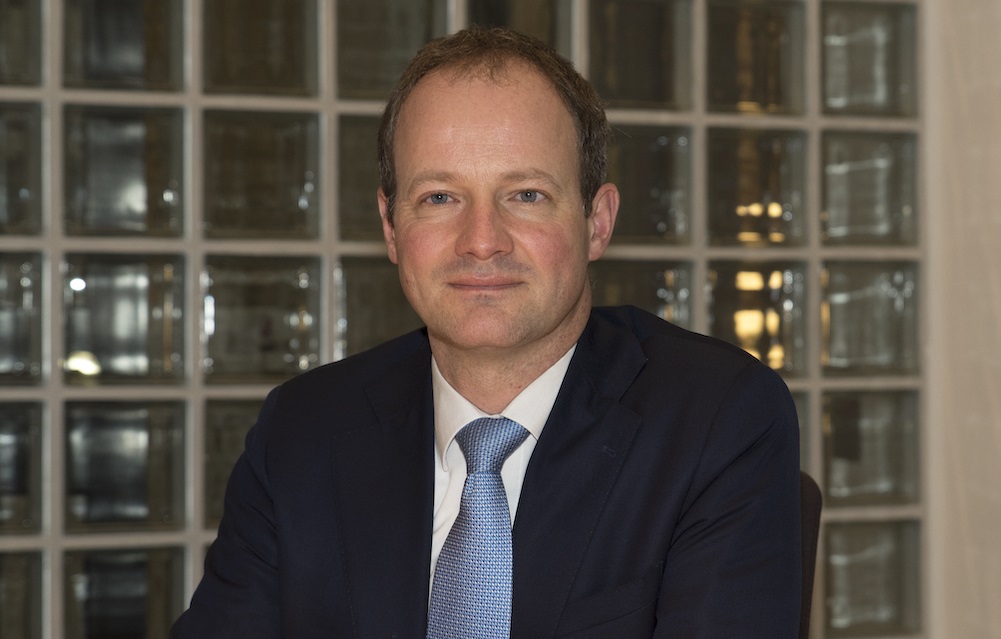–> This is a pre-event interview in the run-up to the Leaders in Finance AML NL Event on 5 October 2023.

Jeroen: Could you please introduce yourself?
Tom: My name is Tom Loonen. I studied business administration and financial law, and obtained my PhD in economics at the UvA on a banking duty of care. I worked in the banking sector for 30 years and have been professor of financial law & integrity at VU University Amsterdam for about 10 years. In addition, I am special counsel at the international law firm Pinsent Masons and expert judge to the Enterprise Chamber of the Amsterdam Court of Appeal. I specialise in the legal aspects of combating money laundering and terrorist financing, and I am particularly interested in implementation and ethics.
Jeroen: What are the things you currently do?
Tom: I am busy organizing a new course at the VU: KYC analyst. There is a lot of interest in this from the financial sector. In addition, I am conducting a study among KYC analysts and a study into the economic consequences of AML fines at listed banks.
Jeroen: What are in your view the most important changes you have seen the last view years related to AML?
Tom: AML has come out of the damn corner. Compare that to payment transactions: years ago this was a dull part within banks, now it is hip. The same thing happened with AML. Almost all parts of the bank have now prioritized AML. Who would have expected this 10 years ago?
Jeroen: What developments do you see unfold / happening in the near future – let’s say the next few years?
Tom: It is inevitable that A.I. will play a prominent role. The current cost load for AML/CFT is no longer bearable for both bank and customer. A.I. can facilitate a development towards fewer people, higher qualified staff and more and smarter analysis of data. KYC analysts, then, will soon be super-specialists who deal with the really difficult cases, and I expect that they will also receive that recognition.
Jeroen: Are there particular things that are currently not happening, that you would like to see happen?
Tom: I see it happening slowly, but not enough: cooperation between the private and public sectors. It is understandable that the public sector places the responsibility for AML/CFT on the private sector. Yet this sector cannot do it alone. By jointly acknowledging the problem and also agreeing on approaches, fighting will become more effective.
Jeroen: Do you have any tips for the different stakeholders in the AML ecosystem?
Tom: Visit each other regularly. Share problems with each other, be open and honest. I understand that a soft approach has not worked for a while. Banks have shown that they take AML/CFT very seriously, so they deserve to be listened to seriously when they have challenges.
Jeroen: What will you talk about as speaker at the AML NL Event?
Tom: Together with Evelyn Braumann, I conducted research among a large population of KYC analysts in the Netherlands. A large group of banks has given us the opportunity to set up a questionnaire among their employees. This gives an interesting insight into how these men or women experience their work in the workplace. What do they encounter, how does they see their powers, how is the cooperation within the bank going? I will present the first research results in my talk.
Jeroen: What do you hope to learn at the AML NL Event?
Tom: I look forward to the panel discussions and certainly the one about AI and new methods that criminals use. Must be a beautiful morning.
–> This is a pre-event interview in the run-up to the Leaders in Finance AML NL Event on 5 October 2023.

